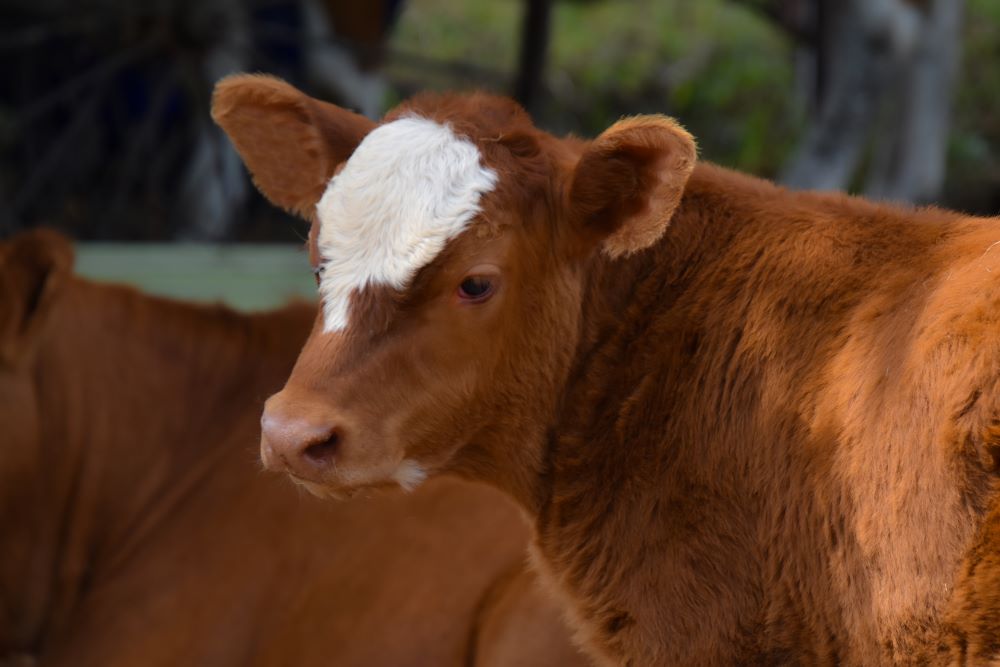
As the recent furore over empty shelves begins to calm, the IOE&IT Daily Update rounds up the latest stories for food and drink traders.
CPTPP impasse broken
The UK is clearing obstacles to joining the Indo-Pacific trade bloc, the CPTPP following a meeting with Canada that “tackled some of the remaining issues”, reports Politico.
Trade minister Kemi Badenoch and her Canadian counterpart Mary Ng are believed to have settled the issue of market access for Canadian beef to the UK.
As a CPTPP member, Canada has a veto on new countries joining the pact, and had asked the UK to drop its rules against imports of beef raised with growth hormone, the FT reports. Malaysia,
another CPTPP member, has successfully demanded Britain eliminate its palm oil tariffs, immediately on entering the pact.
The UK is expected to finalise broad agreement on the pact over the next couple of weeks before final signing in the summer.
Limited Ukraine grain deal
Russia has agreed to extend the deal that allows Ukrainian grain exports through the Black Sea, but only for another 60 days.
The deal, initially brokered by the UN and Turkey last July, was extended in November for 120 days and rolls over automatically on March 18 if no side objects, reports Politico.
But following extension talks in Geneva, a statement from Russian deputy foreign minister Sergey Vershinin said Moscow wanted to see “tangible progress” on Russian exports, reports VOA.
Russia has been struggling to export grain and fertiliser due to a range of factors, including banking restrictions imposed by Western countries and high insurance costs.
Salad days return
British supermarkets have started to remove customer purchase limits on salad, vegetables and fruit after weeks of shortages caused by disrupted harvests in southern Europe and north Africa.
Asda removed limits on cucumbers, lettuce, salad bags,
broccoli, cauliflower and raspberries, joining Tesco, Aldi and Lidl as stock levels improved, reports Reuters.
According to the Grocer, some supermarkets introduced rationing in February in response to “difficult weather conditions
in the south of Europe and northern Africa, which disrupted the harvest”, said British Retail Consortium (BRC) director Andrew Opie.
Supply was also impacted by a pullback in production in the UK due to soaring input and energy costs, with NFU president Minette Batters warning salad production was likely to hit an all-time low.
Budget push back
The UK’s Food and Drink Federation (FDF) has signalled that it has welcomed the Chancellor’s core pillars of economic growth in his Spring budget, amid a mixed response from the food and drink sector.
Chief executive of the FDF Karen Betts welcomed support for consumers through the energy price guarantee extension and commitment to continue to help bring down inflation.
Full expensing was also a welcome boost to business investment, as were measures announced to encourage people back into work, she said. But she added that “with vacancies in food and drink manufacturing double the national average, our sector needs more
help”.
Duty on draught beer in pubs has been frozen by the Chancellor but tax on spirits is to rise in line with inflation, sparking anger from the scotch whisky industry, reports the Glasgow Times.
Nuno Teles, MD Diageo GB, said: “Today’s decision is a hammer blow for pubs, drinkers and for scotch, a UK home-grown industry supporting tens of thousands of jobs. We urge the Chancellor to reverse this punitive and inflationary tax hike.”
US market gets the chop
The US has the potential to be a key export market for British lamb, despite its high price and competition from already established importers, according to an industry expert.
Speaking at the Annual Meat Conference in Dallas, where he joined AHDB and Meat Promotion Wales to showcase UK lamb to 1,500 visitors, Tom Coles, commercial manager at meat processing firm Dunbia, told Farming UK:
“The biggest challenge I see is reaching those discerning customers in the premium food service sector in the hope that the popularity of lamb will continue to grow.”
Dunbia was the first company to resume British lamb exports to the US last year after a 20 year ban, reports New Food Magazine.
According to the UK Government, the industry estimates that the US market will be worth approximately £37m in the first five years of trade.



